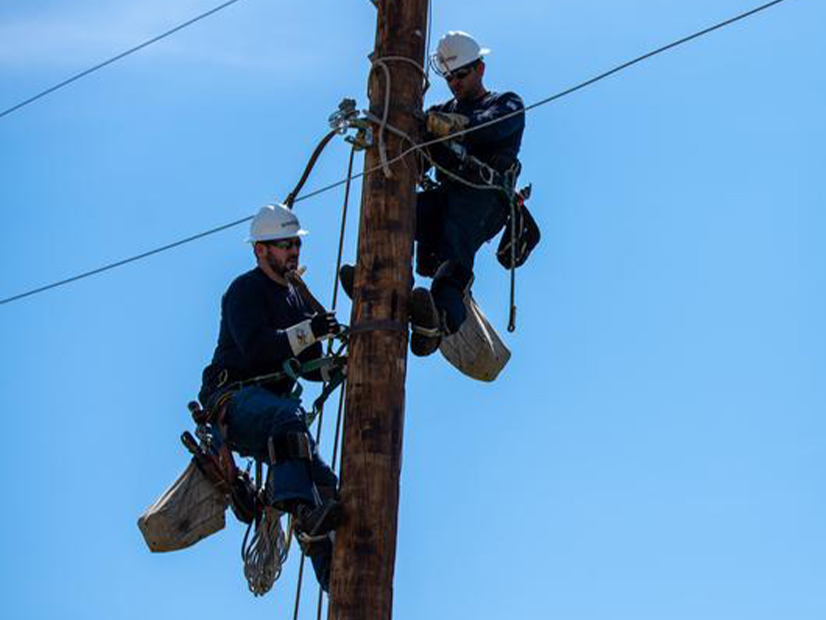FERC on Thursday sustained a previous order accepting SPP tariff revisions that establish an annual process allowing each transmission pricing zone to develop a uniform planning criteria that the grid operator would use to evaluate the need for zonal reliability upgrades (ER22-1719).
The order addressed requests for rehearing and alternative clarification after the commission’s June approval of SPP’s filing. (See FERC Accepts SPP’s 2nd Try at Zonal Planning Criteria.)
SPP transmission owners ITC Great Plains, Oklahoma Gas & Electric, GridLiance High Plains and Evergy’s subsidiaries all filed rehearing requests that FERC said “primarily revive arguments raised in their initial pleadings” that:
- the proposed two-step voting process for approving zonal planning criteria allows small transmission customers to block their adoption;
- using SPP’s regional planning criteria as a backup and allowing TOs to use their own local planning criteria, but directly assigning the costs, both violate the cost-causation principle;
- exempting one of the 18 pricing zones from the planning criteria development process is unduly discriminatory;
- SPP abdicated its role in the development process and did not comply with the requirements of Orders 1000 and 2000 regarding its responsibility for transmission planning; and
- the June 29 effective date for the revisions imposes compliance and implementation burdens.
FERC said SPP continued to meet its burden under Federal Power Act’s Section 205 that its tariff revisions are just and reasonable and not unduly discriminatory or preferential. It noted that SPP’s proposed two-step voting process to approve zonal planning criteria provides a “just and reasonable mechanism for parties to achieve consensus that does not provide an undue advantage to any class or type of transmission owner or customer.”
The commission did clarify that the development process will begin on April 2, 2023.




